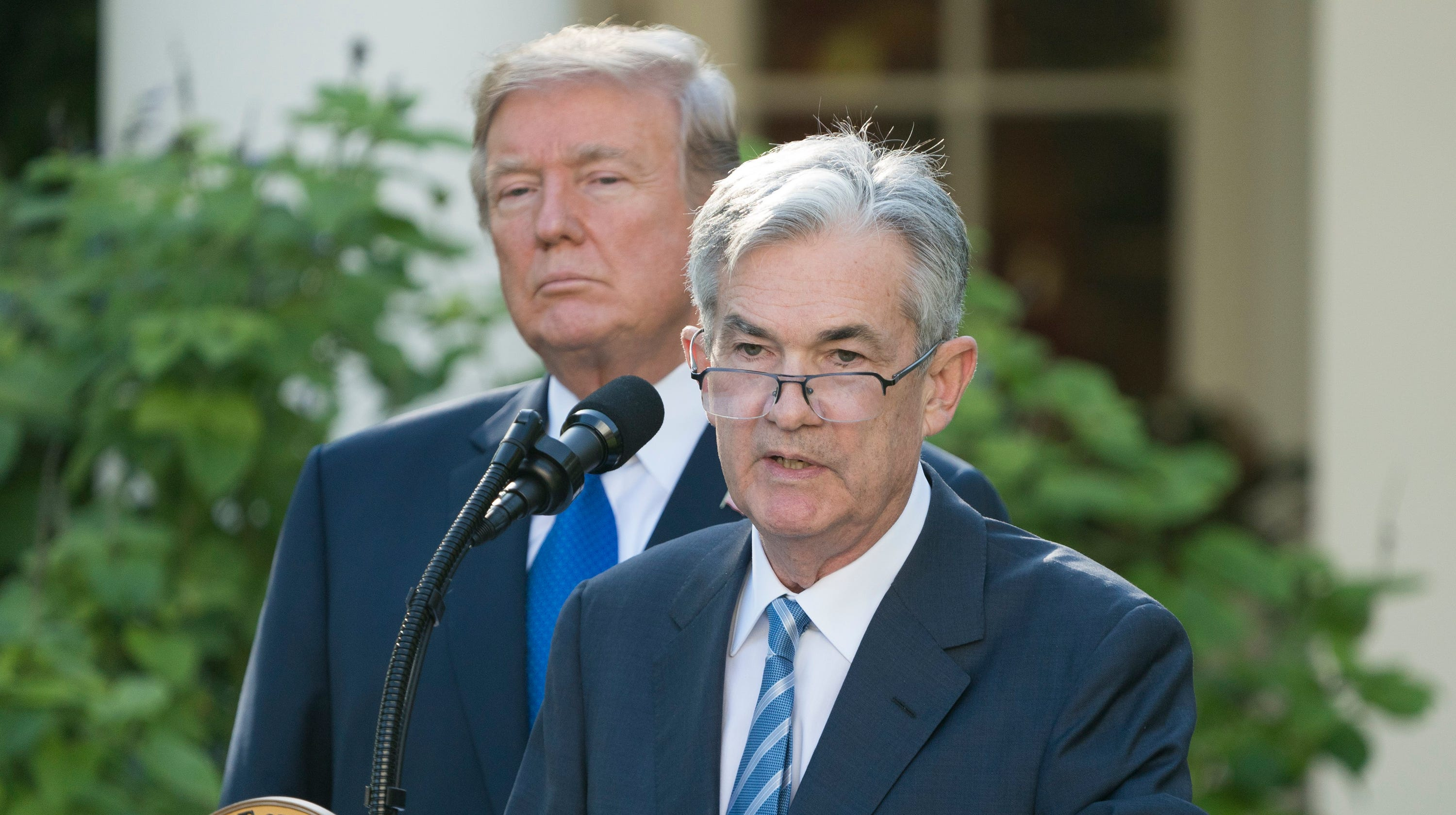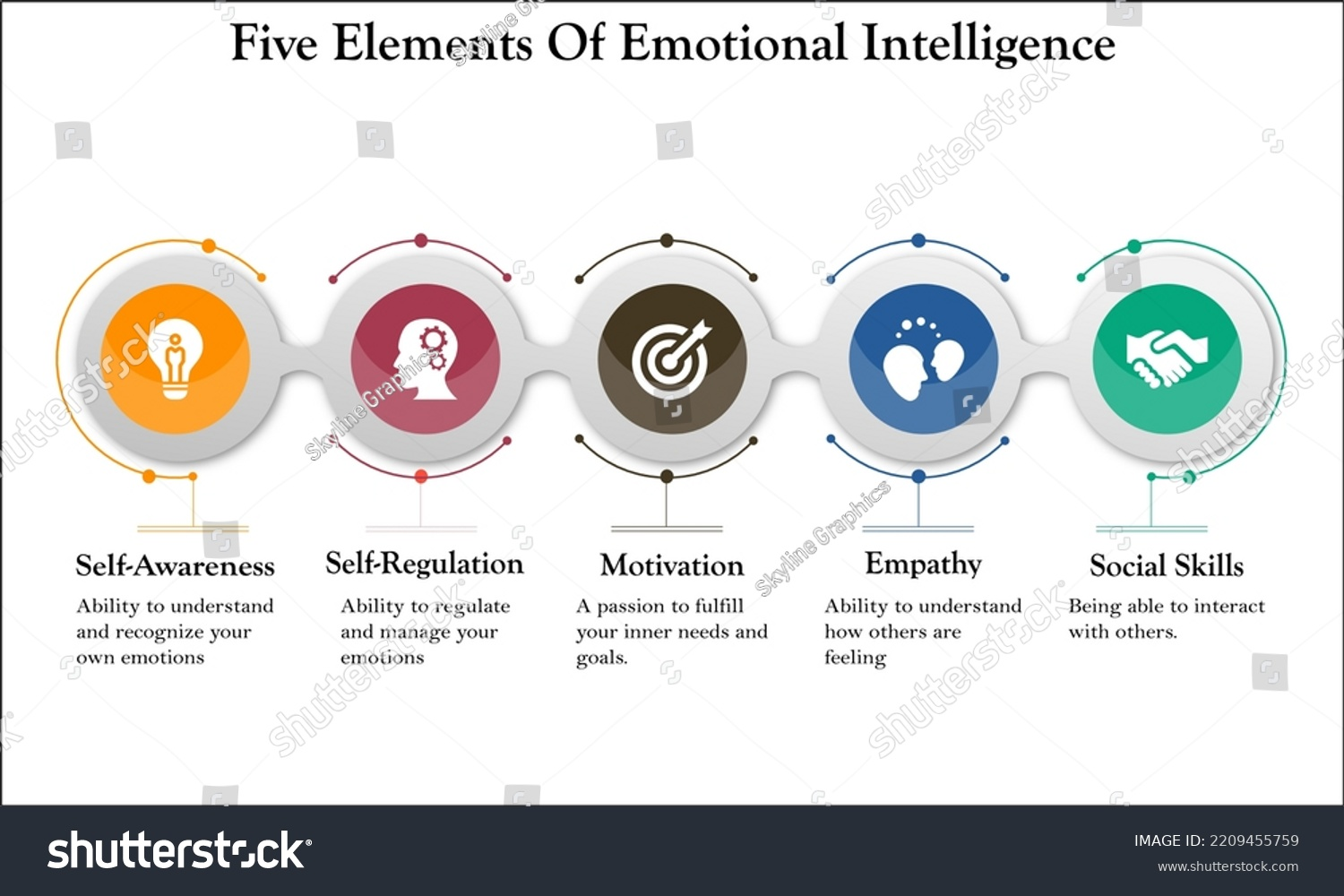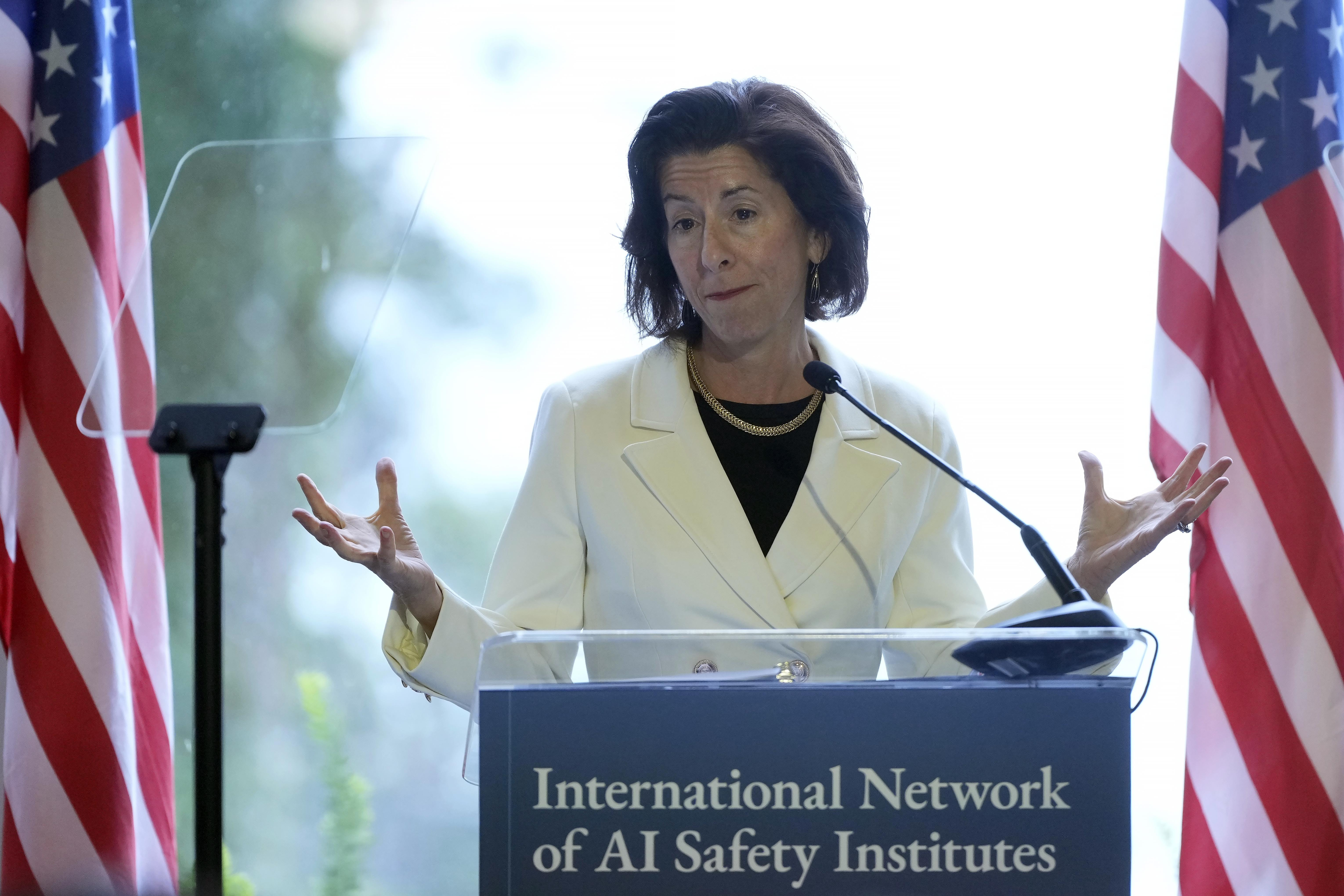The question of whether Trump can fire the Fed chairman has become a hot topic in financial and political circles, especially as the ongoing tension between President Trump and Federal Reserve Chairman Jerome Powell continues to evolve. Since Powell’s appointment by Trump in 2017, the relationship has been anything but smooth, marked by disputes over interest rates policy as the president criticizes Powell for not acting aggressively enough to stimulate the economy. Recent comments from Trump hinting at considering Powell’s termination have raised alarms about the potential implications on Federal Reserve Independence and market stability. Analysts warn that such drastic actions could severely undermine the credibility of the Fed, leading to turbulent market reactions to Fed news and raising long-term interest rates. As this situation develops, the interplay between Trump and the Federal Reserve will undoubtedly influence economic conditions, making it essential to watch closely how this unfolds.
The ongoing discussion surrounding the potential dismissal of the chair of the Federal Reserve invites speculation about the president’s authority over such an independent institution. In light of the controversial relationships between political leadership and central banking, one must consider the implications of any potential upheaval in the Fed’s leadership. Market participants and financial analysts are particularly concerned that any significant shake-up could have long-lasting effects on monetary policy direction and the overall economy. As President Trump expresses dissatisfaction with Chairman Powell’s policies, many are left wondering how such conflicts will impact interest rates and broader economic stability. Ultimately, the delicate balance of power between the presidency and the Federal Reserve remains a critical focal point for understanding future market dynamics.
Understanding the Legal Framework for Firing the Fed Chair
The question of whether President Trump can fire Federal Reserve Chairman Jerome Powell hinges on a nuanced interpretation of the Federal Reserve Act. The Act permits the removal of board members for ’cause,’ but whether this extends to the chair is subject to debate. The critical distinction lies in whether the chair’s four-year term offers the same protections as board members, a point that could be central in legal discourses. Given the complexities surrounding statutory interpretation, the decision might eventually rest with the Supreme Court, which could alter longstanding precedents regarding the limits of presidential power in independent agencies.
Moreover, any attempt by the president to remove Powell would likely encounter intense scrutiny and pushback. Financial markets are sensitive to such political maneuvers, and unorthodox approaches to management could signal instability. Many analysts assert that undermining the Fed’s autonomy could erode investor confidence, leading to adverse market reactions. Therefore, while the legal pathways for removal exist, they come with significant implications for the U.S. economic landscape.
Impact on Federal Reserve Independence
The independence of the Federal Reserve is a cornerstone of U.S. economic policy, designed to shield the central bank from political pressures and short-term economic whims. Trump’s potential actions towards Jerome Powell exemplify the tension between presidential authority and the established norms of governmental independence. Market analysts have warned that any direct interference with the Fed’s leadership could fundamentally alter the perception of its impartiality, potentially leading to elevated inflation rates and greater economic uncertainty moving forward.
This consideration of independence is especially critical as central banks globally face increased scrutiny and pressure to respond to political climate changes. If Powell were dismissed, there may be fears that his successor could implement a more liberal monetary policy, favoring immediate economic pressures over long-term stability. Such shifts not only influence interest rates but can also catalyze significant movements in stock markets, as investors adjust their expectations regarding future economic conditions.
Market Reactions to Leadership Changes at the Fed
Market reactions to the Federal Reserve leadership changes can be volatile, reflecting investors’ sentiments regarding monetary policy directions. If President Trump were to fire Fed Chairman Powell, markets might respond negatively, leading to increased volatility across various sectors. Historical precedents suggest that significant personnel changes at the Fed can trigger immediate reactions in bond yields, stock prices, and overall market confidence as traders assess the potential for shifts in interest rate policies.
Long-term implications of such market reactions could lead to a reassessment of investment strategies and increased risk aversion among investors. The uncertainty surrounding Powell’s potential removal would likely instigate a flight toward safer assets and drive dividends down. As influential figures in finance express concerns over the erosion of the Fed’s credibility, the markets typically react in real-time, with changes in interest rate expectations having lasting impacts on investment decisions and economic health.
Jerome Powell and Interest Rate Policies
Jerome Powell’s stance on interest rates has both reflected and shaped market sentiments during his tenure as Fed Chair. He is often caught in the crossfire of political expectations and economic realities, particularly under a president like Trump, who advocates for aggressive rate cuts to stimulate growth. The challenge lies in balancing immediate economic benefits against potential inflationary consequences that could arise from such policies.
Powell has consistently emphasized the importance of systematic and data-driven approaches to policymaking, which may directly conflict with the administration’s short-term goals. If Trump were to fire him, the successor’s approach to interest rate policy could diverge significantly, potentially altering the long-term trajectory of U.S. monetary policy and economic stability. Markets are deeply attuned to these fluctuations, placing increased weight on the Fed’s guidance amidst evolving political pressures.
The Role of the Supreme Court in Federal Reserve Affairs
The Supreme Court plays a pivotal role in determining the extent of executive authority concerning independent agencies like the Federal Reserve. Legal interpretations around presidential powers have been reshaped in recent years, particularly regarding the precedents that govern ‘for cause’ removals at independent regulatory bodies. If a case challenging Trump’s authority to fire Powell were to reach the Supreme Court, its ruling could have profound implications for the future operational fidelity of the Fed.
The legal landscape is precarious, with the possibility of shifting interpretations around executive powers overwhelmingly influencing how the law is applied to such scenarios. Historical context indicates that the court has often upheld the notion of independence in agencies, yet recent trends suggest a more nuanced approach may be forthcoming, particularly under conservative justices who hint at a willingness to rethink established doctrines.
Trump’s Presidency and the Federal Reserve’s Future
President Trump’s turbulent relationship with the Federal Reserve has cast a shadow over the institution’s perceived autonomy. His administration frequently clashed with Powell over interest rate policies, which has led to speculation about the long-term ramifications for Federal Reserve governance. If Trump were to attempt a significant shake-up by firing Powell, the trajectory of monetary policy could shift dramatically, especially if the replacement showcased a more alignment to Trump’s economic vision.
Such a transition might not only reshape economic policy but also provoke extensive debates regarding the integrity of the Fed’s independence. Its ability to navigate political dynamics while maintaining public trust and market stability will be tested, requiring astute decision-making amid external pressures. Therefore, the future leadership of the Federal Reserve under Trump will play a crucial role in determining its effectiveness and credibility in handling inflation and economic growth.
Public Perception of Federal Reserve Changes
Public perception regarding the Federal Reserve and its leadership significantly influences market confidence. If Trump were to go forward with his threats to fire Jerome Powell, surveys indicate that public trust in the institution might waver, reflecting fears over its independence. This shift could deter investments and affect consumer confidence, ultimately leading to broader economic repercussions.
In this light, the Federal Reserve’s credibility in managing monetary policy becomes increasingly vital. The public must perceive that the Fed is insulated from political fluctuations and focused on its mission to ensure financial stability. A change in leadership could be interpreted as a deviation from this mandate, leading to public disquiet and amplified economic anxieties.
Integrating Economic Policies with Political Realities
The interplay between economic policies and political realities often characterizes the tumultuous relationship between the Federal Reserve and the White House. Trump’s influence on Powell reflects a broader trend in which political pressures can affect vital economic decisions, like interest rates, which are critical for managing inflation and employment levels. Striking a balance between adhering to economic principles and addressing political concerns is a continual challenge for the Fed.
As the Fed navigates these waters, the impact of individual leadership styles becomes apparent. If Powell were to be replaced by someone more amenable to Trump’s policies, the implications for monetary policy could provoke market upheaval, as financial institutions grapple with new ideological frameworks. Thus, the relationship between economic governance and political dynamics will profoundly shape future outcomes within both realms.
Conclusion: The Future of Federal Reserve Leadership
The future of Federal Reserve leadership under Trump’s presidency remains uncertain, particularly with the possibility of Jerome Powell’s removal. The potential implications of such an action extend well beyond the confines of the Fed, influencing broader financial markets and economic strategies. Observers are keenly monitoring the interplay between political actions and monetary policy decisions as the landscape evolves amid inflationary pressures and global economic challenges.
Ultimately, the resolution of this complex situation may dictate not only the Fed’s immediate operational strategies but also its long-term credibility in the eyes of the public and investors alike. The intricate relations between the presidency, the Supreme Court, and the Federal Reserve continue to shape the trajectory of U.S. economic policy in a highly interconnected global economy.
Frequently Asked Questions
Can Trump fire the Fed chairman Jerome Powell without consequences?
While President Trump has the authority to attempt to fire Jerome Powell, U.S. legal experts suggest it could undermine the independence of the Federal Reserve. The Federal Reserve Act of 1913 stipulates that governors can be removed for cause, but the implications of this action could lead to significant market instability.
What are the implications of Trump firing the Federal Reserve chairman?
Firing Fed chairman Jerome Powell could severely damage the Federal Reserve’s independence, leading to a market reaction of increased uncertainty and potentially rising long-term interest rates. Investors fear such a decision could signal a shift toward a looser monetary policy, which could have inflationary consequences.
What would happen to interest rates if Trump fires Jerome Powell?
If Trump were to fire Fed chairman Jerome Powell, the market might react negatively, leading to a rise in long-term interest rates as investors seek a higher premium for holding riskier assets. This reaction would occur due to concerns over the Fed’s credibility in managing inflation.
How does Trump’s relationship with the Federal Reserve affect interest rate policies?
Trump’s contentious relationship with Jerome Powell relates to differing views on interest rate policies. Trump has criticized the Fed for not lowering rates aggressively enough, which he believes could stimulate short-term economic growth. This tension raises concerns about potential future changes in monetary policy.
Could the Supreme Court support Trump’s attempt to remove the Fed chairman?
While the Supreme Court may decide on the legality of Trump’s authority to remove the Fed chairman, past rulings on executive authority suggest there could be significant limitations. The court’s stance on preserving the Federal Reserve’s independence remains uncertain, impacting any decisions regarding Jerome Powell’s position.
Why is the Federal Reserve’s independence important to the economy?
The independence of the Federal Reserve is crucial for maintaining stable monetary policy, which helps control inflation and foster sustainable economic growth. If political pressures lead to disrupted policies, it could undermine trust in the Fed and destabilize financial markets, as investors prioritize credible inflation control.
What can market reactions reveal about Trump’s potential decision to fire Powell?
Market reactions serve as an indicator of investor sentiment towards Trump’s interactions with the Fed. Any hint of Powell’s removal could lead to increased volatility and a reevaluation of economic risks, suggesting that markets are particularly sensitive to changes in Federal Reserve leadership.
What happens if Jerome Powell is removed from his position by Trump?
If Trump removes Jerome Powell, it could spur a significant market backlash, leading to volatility and uncertainty about the future direction of monetary policy. The act itself would likely be interpreted by markets as an intention to implement a more aggressive monetary policy, affecting inflation expectations and interest rates.
Is there a legal basis for Trump to fire the Federal Reserve chairman, Jerome Powell?
The legal basis for Trump to fire Jerome Powell is complex. The Federal Reserve Act allows for removal for cause, but ambiguity exists regarding what constitutes ’cause’ and whether Powell’s four-year term provides additional protections. This could ultimately be challenged in court.
How might Wall Street react to the rumor of Trump firing Powell?
Wall Street typically reacts negatively to uncertainties surrounding Federal Reserve leadership. Rumors of Trump considering firing Jerome Powell would likely lead to increased market volatility as investors recalibrate their expectations for interest rates and economic growth.
| Key Point | Details |
|---|---|
| Trump’s Relationship with Powell | President Trump has had a contentious relationship with Fed Chairman Jerome Powell, criticizing him for not cutting interest rates aggressively enough. |
| Legal Authority to Fire Powell | The legality of firing Powell is debatable, as it involves complex interpretations of the Federal Reserve Act and Supreme Court precedents. |
| Impact of Removal | Market analysts warn that firing Powell could undermine the Fed’s independence and lead to significant market instability. |
| Market Reactions | Markets fear a change in monetary policy direction, which could lead to higher long-term interest rates. |
| Future of Fed Leadership | If Powell is not removed, the market will closely scrutinize Trump’s next appointee to see if they align with a looser monetary policy. |
Summary
Trump firing the Fed chairman remains a controversial topic, given the potential fallout that could disrupt financial markets and undermine the Federal Reserve’s credibility. Many analysts argue that while it may be legally possible, the ramifications from such an action could create significant instability in the economy. Monitoring this situation is crucial, especially in light of how markets react to policy changes and leadership at the Fed.



